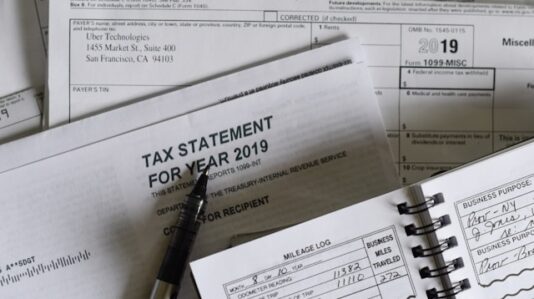What is the False Claims Act?
The False Claims Act (FCA) prohibits knowingly submitting to the federal government a false or fraudulent claim for payment. When a person or entity defrauds the government in this way, the government can bring a suit against them to recover the lost funds. The FCA allows private citizens to bring civil lawsuits as whistleblowers on the government’s behalf. Without whistleblowers bringing those suits to the government’s attention, the Act would be extremely difficult to enforce. These private citizens are referred to as “relators,” and the lawsuits are known as “qui tam” actions. Depending on the relator’s contributions, the relator will receive 15-25% of the proceeds from the action or settlement of the claim.
Requirements for Bringing an FCA Action as a Relator
The FCA does not allow any person to bring an action against any entity. The Act limits who can be a relator in a qui tam action with the public disclosure bar and the first-to-file bar. Any person who cannot meet the exceptions to those bars cannot act as a relator for qui tam purposes.
The public disclosure bar precludes qui tam suits where there has been a public disclosure of the fraud, unless the relator qualifies as an “original source” of the information. To be an “original source,” a relator must either (1) voluntarily disclose the fraud to the government prior to the public disclosure of such information, or (2) have “knowledge that is independent of and materially adds to” the publicly disclosed information and voluntarily disclose that information to the government before filing an action.
The first-to-file bar precludes anyone other than the government from bringing an action based on the same underlying facts as an earlier-filed qui tam action. Most courts hold that the first-to-file bar applies whenever the later-filed action alleges the same material or essential elements of fraud described in the pending qui tam action.
Further, the FCA bars claims against a Member of Congress, a member of the federal court system, or a senior executive branch official if the action is based on information previously known to the government. Similarly, the Act bars former or present members of the armed forces from bringing a claim against a member of the armed forces when the claim arises out of the relator’s service.
It is important to remember that even when the FCA does not bar the relator from bringing the lawsuit, the government is free to accept or reject a whistleblower’s civil lawsuit as it sees fit. This means that even if a realtor feels that their qui tam claim is particularly strong, the government may nevertheless decline to pursue the action.
Conclusion
FCA claims and defenses are very fact specific. If you have a potential claim or are facing a lawsuit, speak with a member of our team for next steps.
Photo by Dylan Gillis on Unsplash




